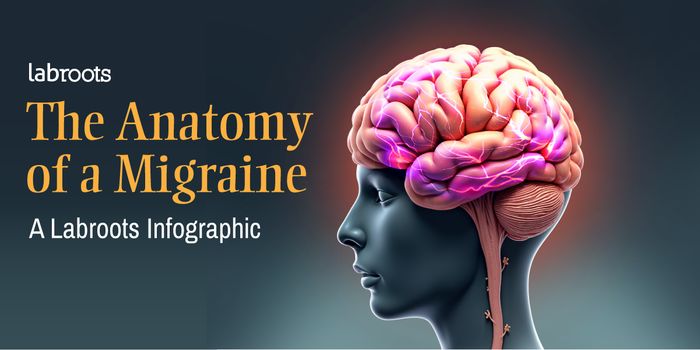Genetic Study Reveals Drug Targets for Several Diseases
The human genome contains around 20,000 genes that code for proteins, and though we all carry more or less the same genes, there are small variations in their sequences that give rise to big differences in our physiology. Scientists are trying to learn more about how particular variations, some of which are extremely rare, are related to health and disease. New work from researchers at the Children’s Hospital of Philadelphia (CHOP) assessed genetic data from over 100,000 people of European ancestry to reveal more about how genetic variations influence some types of cancer, autoimmune, and neuropsychological disorders. The findings have been reported in Nature Communications.
The genome is made of sequences of nucleotide bases, and there can be many errors that arise in that sequence. Some may involve only a single change in a base, while others might be due to large deletions, insertions, rearrangements, or duplications of sequences. Copy number variations (CNV) occur when portions of the genome are repeated, and can cause a gain or loss of genetic information. Some may be common, and easy for people to tolerate, while others can cause illness or predispose people to disease. Previous work by other groups has suggested that CNVs can cause more health problems than we knew.
"This analysis provides us with a dense map of the impact of rare recurrent copy number variations, which represent an important source of genetic variation in our genome, often predisposing us to, and sometimes causing, complex diseases," said senior author Hakon Hakonarson, M.D., Ph.D., Director of the Center for Applied Genomics at CHOP. "Our study showed that previous methods are likely not capturing the accurate incidence or prevalence of rare copy number variation regions that directly impact human health."
The majority of CNVs that this study found were rare, but 99 percent occurred in at least two people of the 100,028 that were analyzed. The researchers identified 375 previously unreported deletions in which both copies of a gene were deleted. They also confirmed CNVs that had been found in previous work.
Several of the unreported genomic regions that were identified contain genes that may already have drugs targeting the pathways they work in. For example, they found a deletion (chr7p15.3) that has already been connected to autoimmune disease, and it overlaps with a gene that encodes for the ITGB8a protein. This protein is already targeted by an ovarian cancer drug. In another example, there was a deletion in a region (chr2q34) that’s associated with autoimmunity; the deletion disrupts the coding portion of a gene called ERBB4, which is already targeted by several small molecules that have been approved by the FDA.
Ultimately, the work purported to confirm that CNVs play a major role in health and disease, whether they occur often or rarely, and that we have a lot to learn about diseases if we focus on finding more of them. There were CNV regions that were linked to several common human diseases.
"The number of gene candidates found in our study that warrant further studies establishes the strong correlation between regions of copy number variations and what we already know about the genome," Hakonarson said. "While ongoing, large scale studies focusing on new discoveries are important, we believe that further investigating these newly identified regions in parallel will continue to yield even more clinically relevant information and accelerate precision medicine."
Learn more about the Roberts Individualized Medical Genetics Center (IMGC) team at Children's Hospital of Philadelphia (CHOP) from the video above.
Sources: AAAS/Eurekalert! via Children’s Hospital of Philadelphia, Nature Communications








